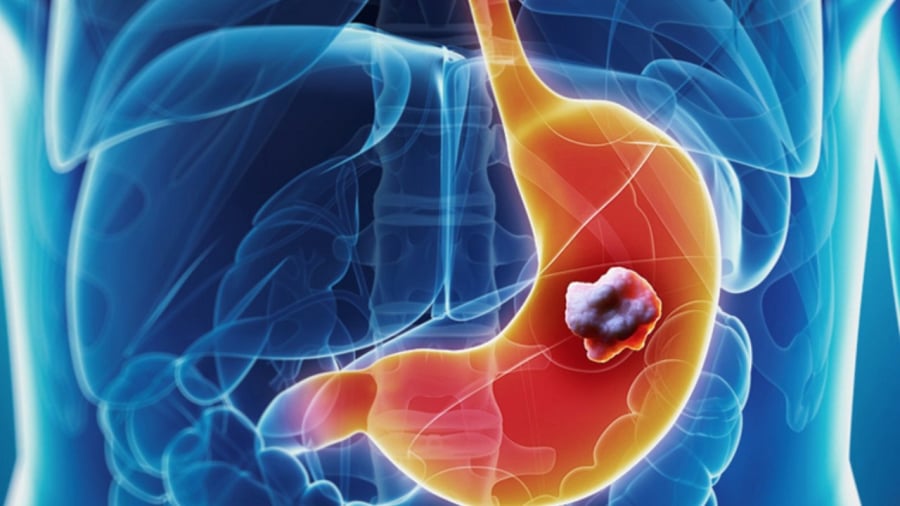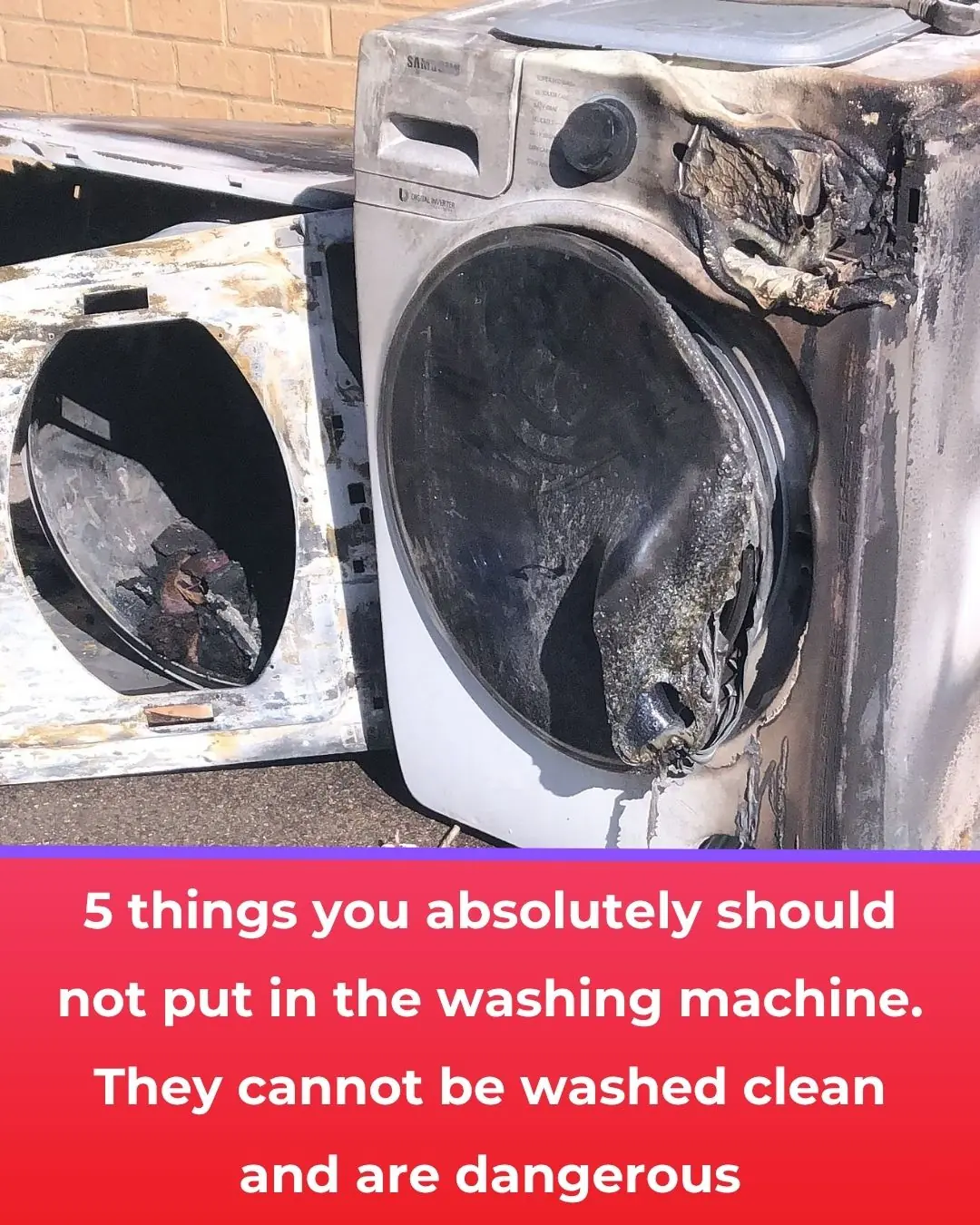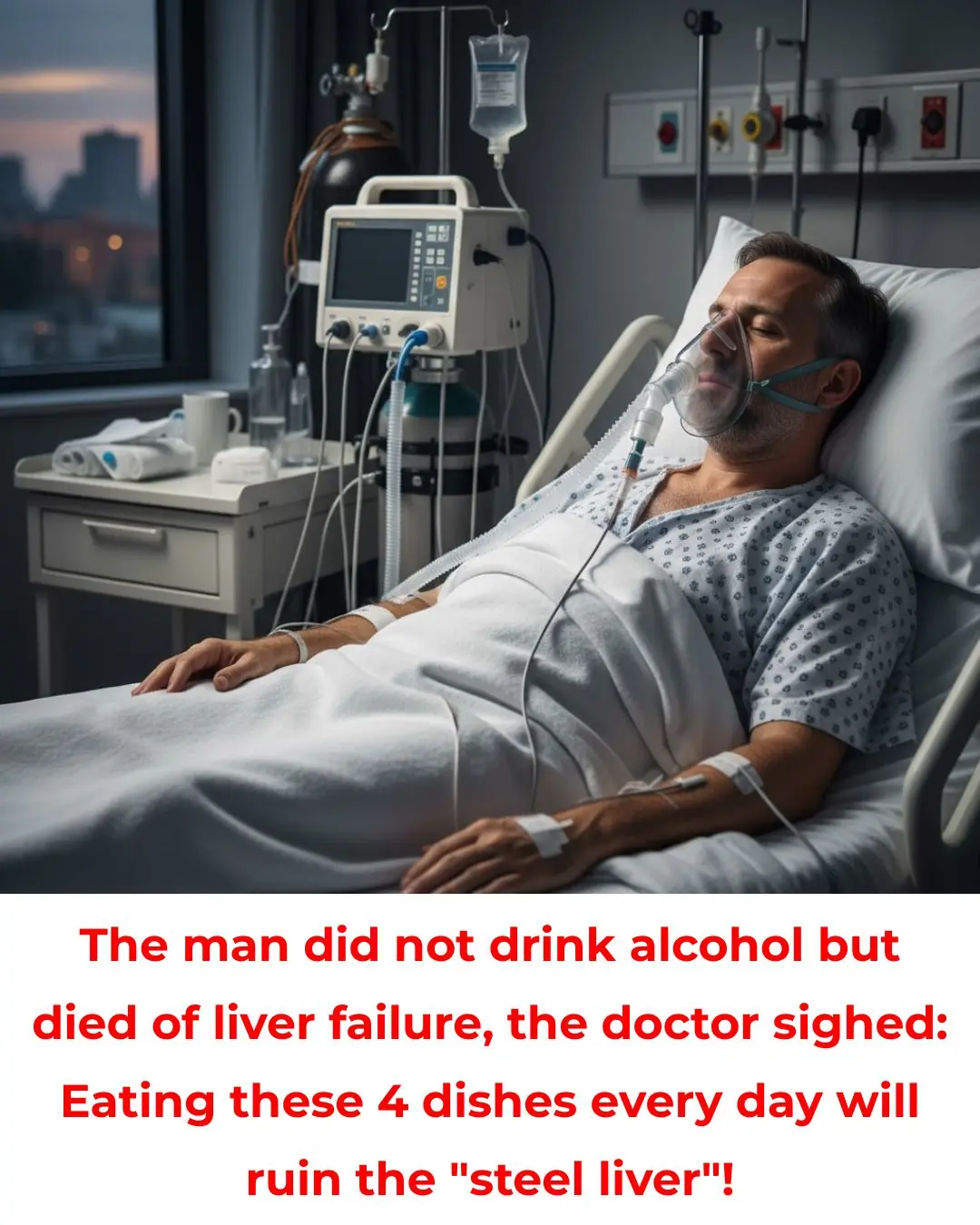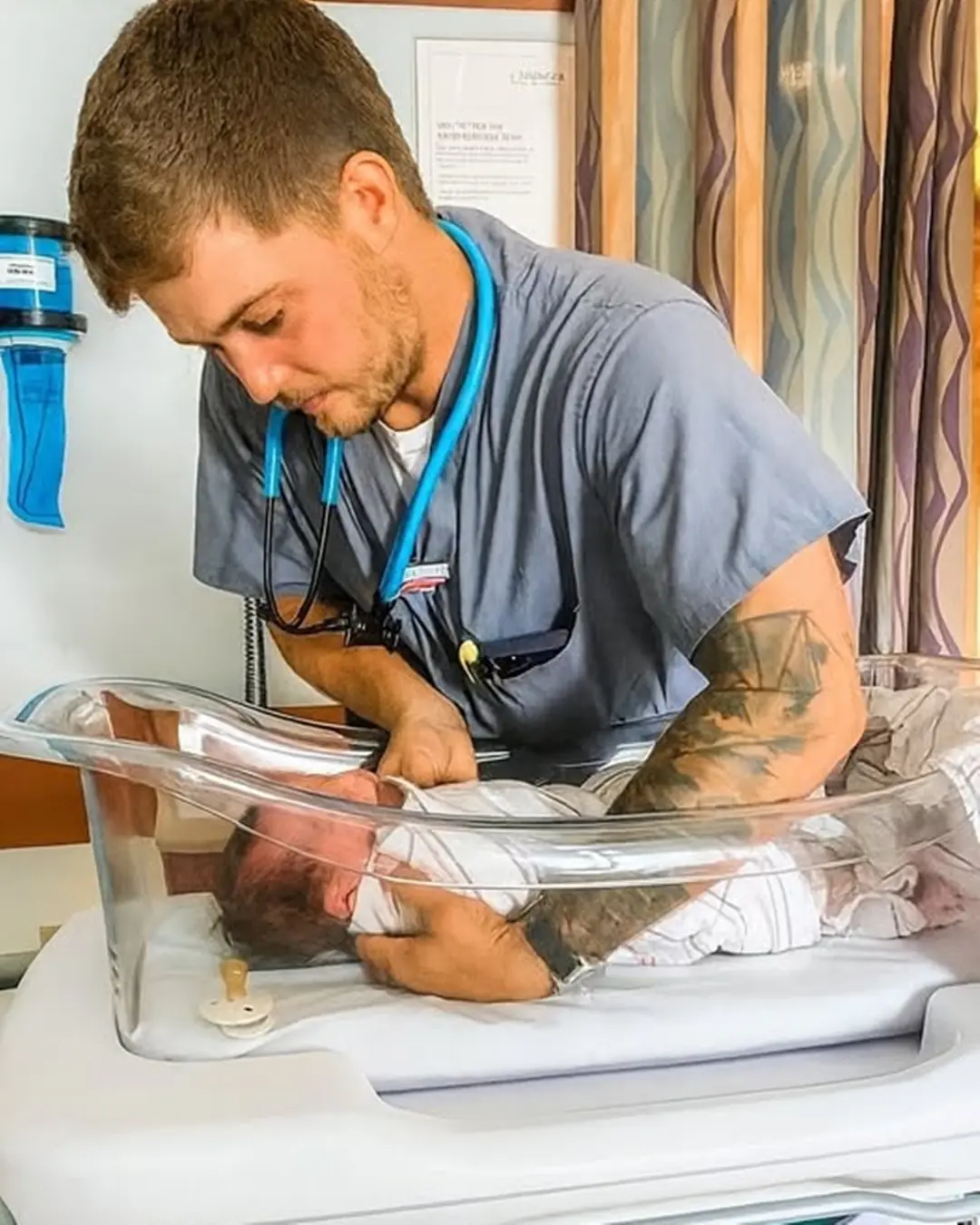
7 Early Signs of Stomach Cancer Everyone Should Know to Prevent Distant Metastasis
If you notice any of the following signs, you should be cautious about the possibility of stomach cancer.
Stomach cancer is becoming increasingly common worldwide. However, many patients tend to overlook the symptoms, often mistaking them for ordinary stomach ulcers or gastritis. Unfortunately, by the time severe pain forces them to seek medical attention, the cancer may have already progressed to an advanced stage.
So, what are the early warning signs of stomach cancer that everyone needs to be aware of?
1. Unusual Abdominal Pain
One of the earliest symptoms of stomach cancer is abnormal abdominal pain. Studies show that around 70% of patients with early-stage stomach cancer experience feelings of bloating, fullness, and discomfort in the stomach area. This pain or discomfort tends to become more noticeable when the body is at rest or during sleep. Unlike typical indigestion, this pain may persist or worsen over time and should not be ignored.
2. Frequent Heartburn and Bloating
If you often experience heartburn and bloating after meals, it could be a sign of gastroesophageal reflux disease (GERD). However, these symptoms may also indicate early-stage stomach cancer. People who frequently suffer from heartburn have a higher risk of duodenal problems and stomach ulcers, which, if left untreated, can develop into stomach cancer. Therefore, persistent heartburn combined with other symptoms warrants prompt medical evaluation.
3. Loss of Appetite and Food Aversion
Chronic stomach ulcers can be dangerous. Initially, they cause a loss of appetite and reduced interest in food, which can lead to eating less and weight loss. If the ulcerative condition is not diagnosed and treated promptly, it may progress to stomach cancer. Hence, a sudden or prolonged loss of appetite should be taken seriously as a potential early warning sign.
4. Abnormal Changes in Stool
Stomach cancer can cause bleeding inside the stomach, which may lead to noticeable changes in stool. Patients might find their stool mixed with blood or see dark, tarry stools—a sign of gastrointestinal bleeding. These changes should prompt immediate medical consultation.
5. Sudden and Unexplained Weight Loss
Weight loss is a common symptom of all types of cancer. For stomach cancer patients, loss of appetite and a decreased desire to eat often result in rapid weight loss. If you experience sudden weight loss without trying, especially along with other symptoms, it is crucial to see a healthcare professional immediately.
6. Persistent Fatigue and Weakness
The activity of cancer cells can weaken the body, causing patients to feel unusually tired and weak. This fatigue is not simply from everyday tiredness but is persistent and affects daily activities. Stomach cancer patients often report ongoing exhaustion and a lack of energy.
7. Vomiting Blood
Vomiting blood is a severe and alarming symptom. If you experience nausea accompanied by vomiting blood, this indicates a serious health issue that could be related to stomach cancer or other gastrointestinal diseases. Immediate medical attention is necessary to diagnose and manage the condition properly.
Additional Important Notes:
Early detection of stomach cancer dramatically improves treatment outcomes and survival rates. Many early symptoms are subtle and can easily be mistaken for common digestive issues. Therefore, it’s essential not to ignore persistent or unusual gastrointestinal symptoms, especially if you have risk factors such as a family history of stomach cancer, chronic gastritis, or Helicobacter pylori infection.
Regular medical check-ups, including endoscopy, can help detect stomach abnormalities early. Maintaining a healthy diet, avoiding excessive alcohol consumption, quitting smoking, and managing stress are also important preventive measures.
If you or someone you know experiences any of the above symptoms, especially more than one, it is strongly recommended to consult a healthcare professional promptly for proper evaluation and diagnosis.
News in the same category


Banana peel mixed with laundry detergent works great

Stuffing a piece of steel wool into a plastic bottle has great effects. If you know how to use it, everyone wants to do it

When checking out of the hotel, don't be foolish and fold your blankets or pillows. Anyone who doesn't know will only be at a disadvantage

When boiling eggs, boiling water or cold water is not correct! Remember these 4 points and you can remove the peel with just a light touch!

5 things you absolutely should not put in the washing machine. They cannot be washed clean and are dangerous

5 Fruits Listed in the ‘Black Book’ That Can Cause Cancer Cell Growth: No Matter How Cheap, Don’t Buy or Eat Them

A Man Who Didn’t Drink Alcohol Dies of Liver Failure; Doctor Sighs: “Eating These 4 Foods Daily Can Destroy Even the Strongest Liver!”

Kissing Bugs and Chagas Disease: A Hidden Danger at Home

Don’t Eat Tofu Right Away After Buying — Freeze It for a Magical Effect: Wish I Knew This Sooner!

Add This One Ingredient to Your Coffee: Say Goodbye to Yellow Teeth and Bad Breath

Yellowed pillow stuffing won't come out after washing, add this in just 5 minutes and the pillow will be as white as new

Put this bunch of leaves in the toilet: No bad smell all week, repels mosquitoes and ants.

Great tip to help clams release sand in a snap: No need to soak for long, still clean

How to cook field crab soup to have the crab meat floating in blocks, sweet and fragrant

The air conditioner's condenser makes a loud noise like grinding rice. Don't call a repairman and waste money. If you can make the machine run smoothly, it won't cost you money.

Whether you stock fish big or small, remember to add this fruit: The fish will no longer smell fishy, and it will be rich in fiber and nutrients.

Air conditioner leaks water, don't rush to call poetry to waste money. Just do it this way.

No need to throw away the pan that lost its non-stick coating: Add a few drops of this and the old pan will be like new immediately.
News Post

DIY Anti-Aging Treatment with Vaseline: The Ultimate Guide for a Youthful, Radiant Complexion

The Woman Who Wouldn’t Let Go: Nicole Graham’s Unbreakable Bond with Her Horse

Born Ready to Shine: The Miracle Journey of Little Lilia

Monkey Instantly Recognizes the Man Who Saved Her—Even Years After Their Last Goodbye.

When an Elephant Trusted a Man: The Quiet Power of Connection.

A Wedding of Love and Courage.

Strength, Tattoos, and Tears of Joy.

The Real McCoys: A Sitcom That Brought Heart to American Homes.

The Last Parade: Tikiri’s Story.

The Man Who Saved the Drowning Bear.

Spots of Joy: The Horse, the Pony, and the Dog Who Became Family.

The $5 Dream: How a Thrift Store Goose Became a Symbol of the American Dream.

Garlic and Rosemary: A Natural Remedy for Joint Pain in Knees, Hips, and Hands

1 Powerful Mineral to Stop Sciatica & Relieve Nerve Pain

70-Pound Female Bear Rescued After Spending 12 Days with Her Head Trapped in a Jar.

The Last Push: A Leatherback’s Fight for Life.

Top 10 Foods to Improve Circulation in Legs and Feet

Students Raise $20,000 to Buy Beloved School Custodian His Dream Car — A Jeep Wrangler.

Man Gets a Face Full of Octopus — and a Lifetime Ban
